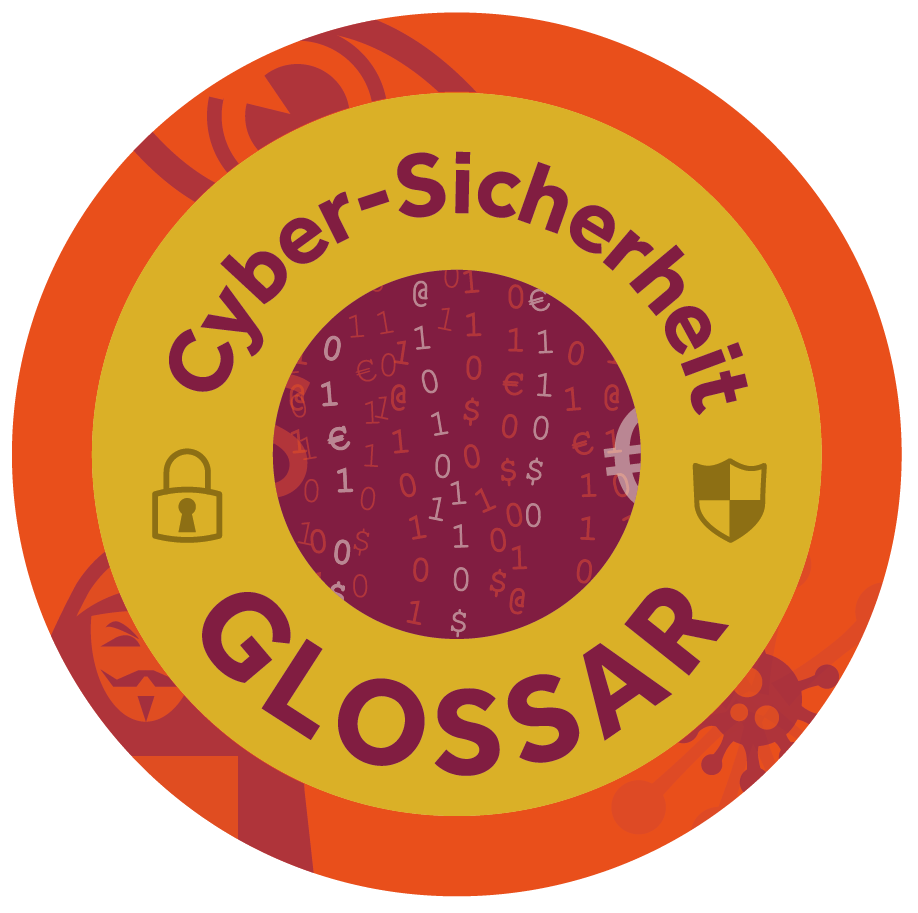Norbert Pohlmann (Institut für Internet-Sicherheit):,
“Personal Firewalls: One More Step Towards Comprehensive Security”,
Information Security Bulletin,
The International Journal for IT Security Professionals,
CHI Publishing Ltd., Salford, England, March 2001 Personal Firewalls: One More Step
Most business processes were performed in written form on paper by means of the post or personally in the past. Such processes are nowadays carried out a lot more effectively by use of a commonly used IT infrastructure, the Internet. Electronic information and data can be integrated into business processes directly and without changing the medium. This trend of reengineering business processes of all kinds corresponds with the general internationalization and globalization. The number of mobile workplaces and telework places is constantly growing, leading to an immense saving of time and money. The necessary link to the Internet, however, implies new dangers, as the latest attack with the virus “I LOVE YOU” has shown dramatically. It is of vital importance for organizations to define possible threats in order to be able to estimate which attacks could be dangerous and which could be neglected. Adequate countermeasures help organizations to reduce their vulnerability. Risks of connecting to the Internet
Making use of the Internet is an attractive possibility in many respects. One considerable disadvantage, however, is the security aspect. The following risks in particular have to be taken into account: ■ Access to valuable information on the computer systems of an organization Connecting to the Internet is not a one-way street. Every user of the Internet can generally directly or indirectly access connected computer systems and the resources stored on them (see in illustration 1: mobile and telework places or computer systems accessing the Internet without passing the central firewall system). ■ Receiving malware (hostile code, damaging programs)
Risks of connecting to the Internet
Damaging attacks are often caused by malware (viruses, Trojan horses, worms, etc.). This often results in a reduction of an organization’s valuable assets, e.g. due to the destruction of files. Malware can even be sent within the framework of allowed communication rules over the central firewall system. Malware is typically sent to computer systems as an attachment to mails or within www-documents (Java Applets, Active-X-Controls, and other executables). Active-X-Controls for instance have an unlimited functionality; they can e.g. shut a computer down, delete files or execute other functions that cause damages. ■ Cookies and cache Cookies are stored on a user’s PC by the web sites the user went to in order to track the user’s activities and to enable the owner of the web site to offer customized products and services. Cookies contain confidential personal information of the user and can also be accessed by others using means of Java or ActiveX, e.g. in order to analyze the user’s behavior and use this knowledge for illegal purposes. Cache are HTML files that are automatically downloaded and stored on a user’s PC when accessing a web site. Apart from the waste of storage space on the user’s hard disk, the HTML files can also be misused in order to observe the user’s behavior. … Weitere Informationen zum Thema “Firewall-System”:Artikel:
“Möglichkeiten und Grenzen von Firewall-Systemen (Artikel)”
“Personal Firewall – Sicherheitsmechanismen für PC gegen Internet-Bedrohungen”
Vorträge:
“Möglichkeiten und Grenzen von Firewall-Systemen (Vortrag)”
“Personal Firewall”
Buch: „Firewall-Systeme – Sicherheit für Internet und Intranet, E-Mail-Security, Virtual Private Network, Intrusion-Detection-System, Personal Firewalls“ Vorlesung: “Firewall-Systeme” Glossareintrag: “Firewall-System” Informationen über das Lehrbuch: „Cyber-Sicherheit“
kostenlos downloaden | 




